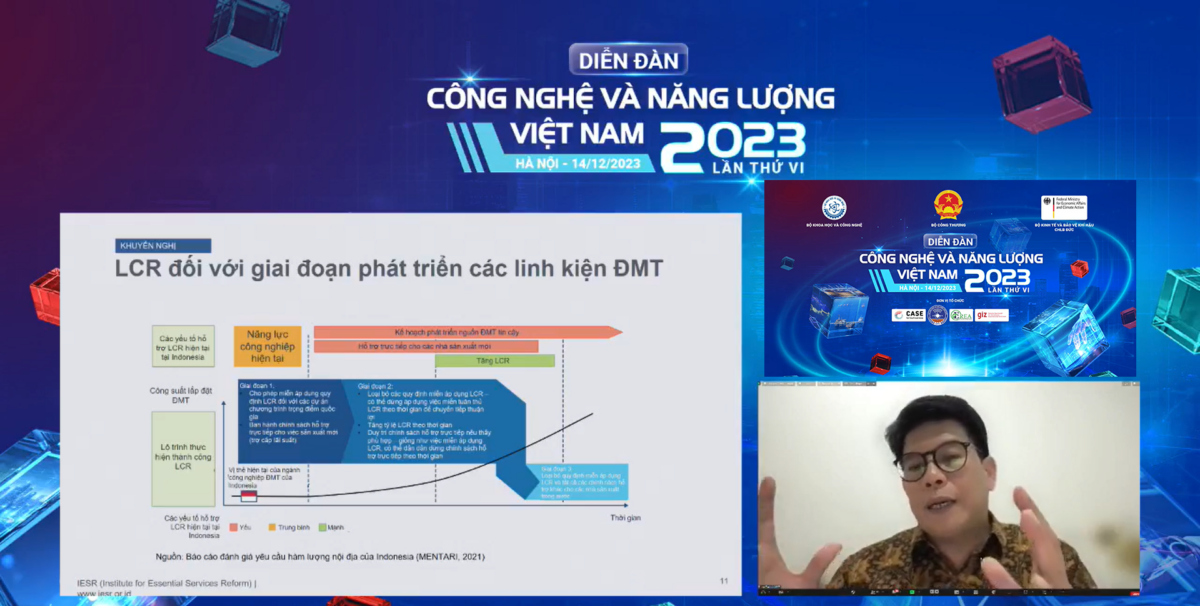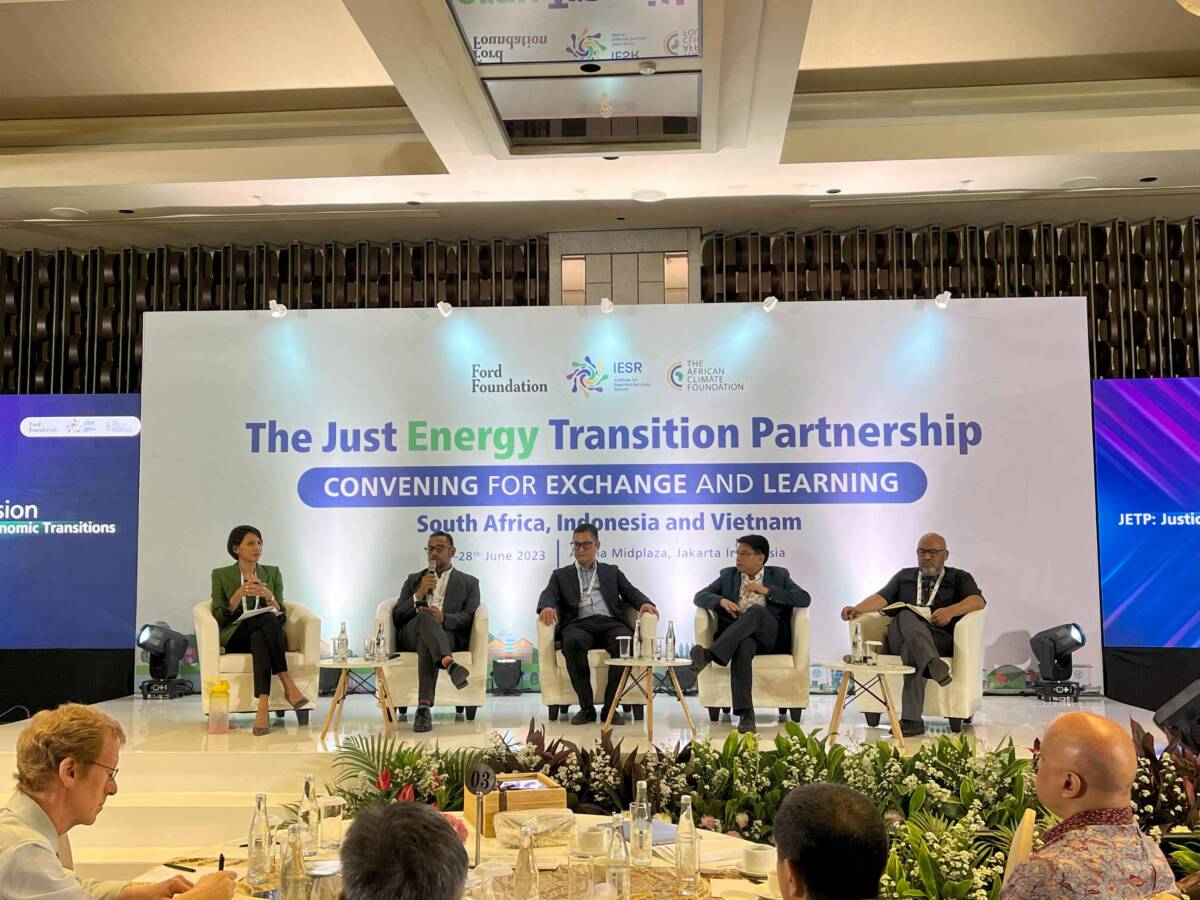Ha Noi, 14 December 2023 - The Ministry of Science and Technology of Viet Nam hosted its annual event : Technology and Energy Forum 2023, in collaboration with the Ministry of Industry and Trade and Project Clean, Affordable and Secure Energy for Southeast Asia in Viet Nam.In recent years, Viet Nam has witnessed remarkable development…


